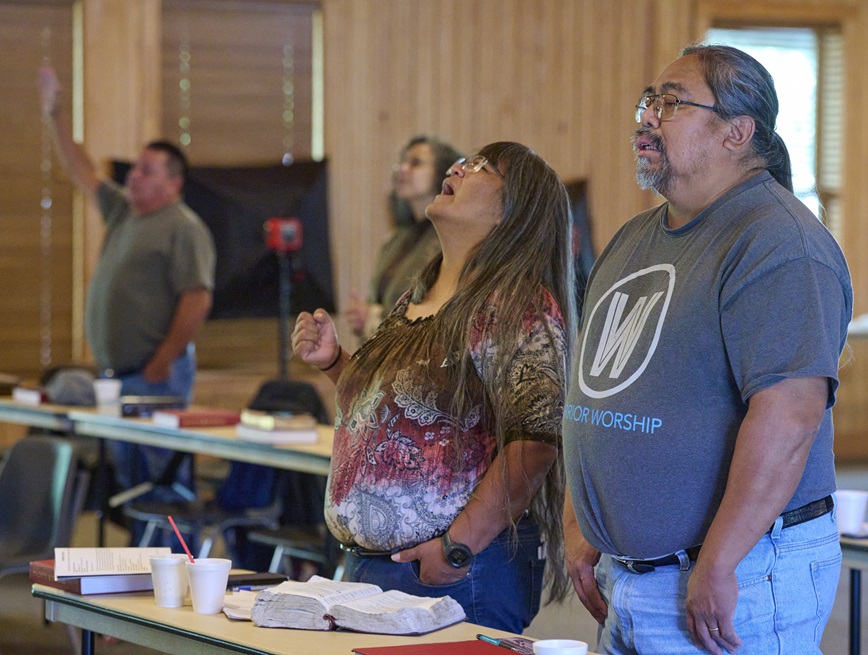Related Articles
An Indonesian Leader Speaks to the Church in the West
An interview with Chris Marantika.
Welcoming the Stranger
Presenter: Matthew Soerens, US Director of Church Mobilization, World Relief Description: Refugee and immigration issues have dominated headlines globally recently. While many American Christians view these…
Mapping Church Missions: A Compass for Ministry Strategy
Description: The terrain of church missions is often bewildering. Should we prioritize evangelism or works of service?
From Accomplices to Advocates: Discrimination against Non-native English Speakers in Mission Agencies
The authors discuss the prevalence, consequence, and contributing factors of discrimination against non-native speakers of English and provide insights to inform a biblically-based response to the issue.
Rethinking Missions in Native America
By Patrick Lennox | The mission to Native America is not complete. We need more Native pastors to plant new churches and to revitalize existing churches. Those pastors would benefit from seminary training and encouragement to persevere in their communities. And we need the non-Native body of Christ to come alongside and support Native brothers and sisters in their efforts to fulfill the Great Commission in North America.



